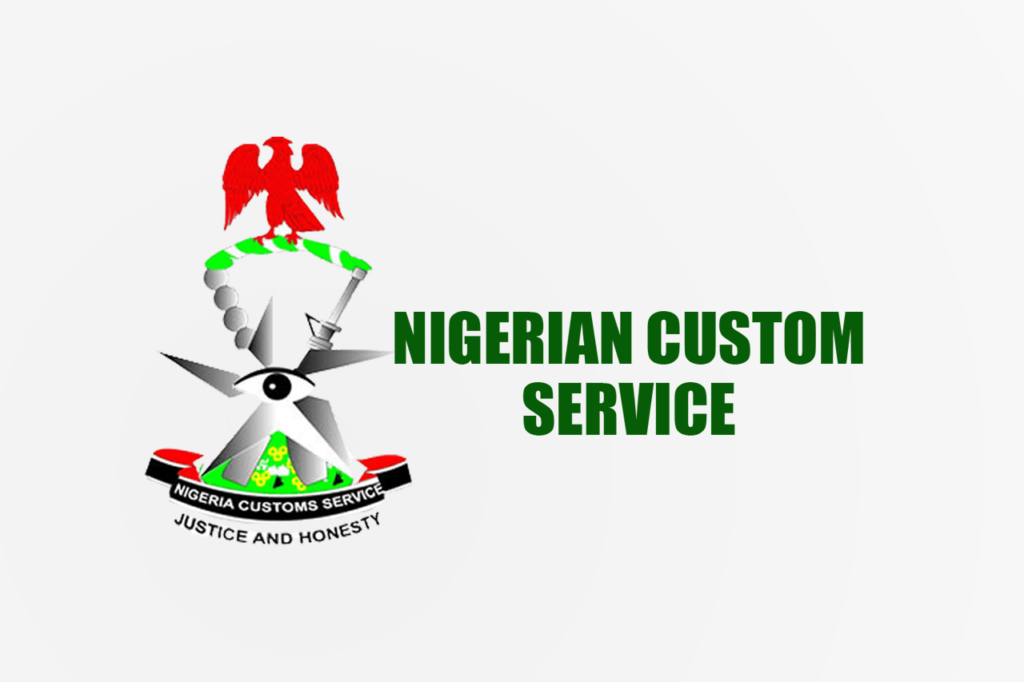The Nigeria Customs Service (NCS) has announced an increase in the exchange rate for calculating import duties at the nation’s seaports as a result of the adjustment made by the Central Bank of Nigeria in the naira to dollar exchange rate for calculating custom duties
Nigeria Customs Service has now implemented the new rates, adding more burden to businesses and importers Foreign goods such as iPhones, cars, and products not manufactured 100% in Nigeria are set to increase.
According to the data obtained from the federal government portal , from wednesday , february 14, 2024, importers will be charged N1,481.482 per dollar for import duty. This represents an N36.92 or 2.55% increase from the earlier N1,444.56 per dollar.
The latest adjustment makes it the fifth increase since the start of the new year. In an earlier report, Adewale Adeniyi, the comptroller general of the NCS, explained that the fluctuations in import duty rates over the past few months are not the result of the service’s actions. He noted that the NCS does not fix rates and that the changes align with the CBN’s floating foreign exchange rate regime.
He said: “What we do is just to update our systems. It is not about Customs reducing or increasing the exchange rate. We have nothing to do with whether the exchange rate goes up or come down. “It is not us, we follow what is proscribed for us by the regulatory authority for monetary affairs, which is the Central Bank of Nigeria.”
It was also reported that a claim by the NCS that about 30 private aircraft owners who underwent verification exercises were liable to pay the required duties. During the exercise in Abuja, NCS’s spokesman, Joseph Attah, said some of the aircraft for which the duties should be paid to the federal government were shipped into the country by the Temporary Importation Agreement (TIA), a bond that allows them to bring the jets without payment.
Nigeria Customs Service has now implemented the new rates, adding more burden to businesses and importers Foreign goods such as iPhones, cars, and products not manufactured 100% in Nigeria are set to increase.

